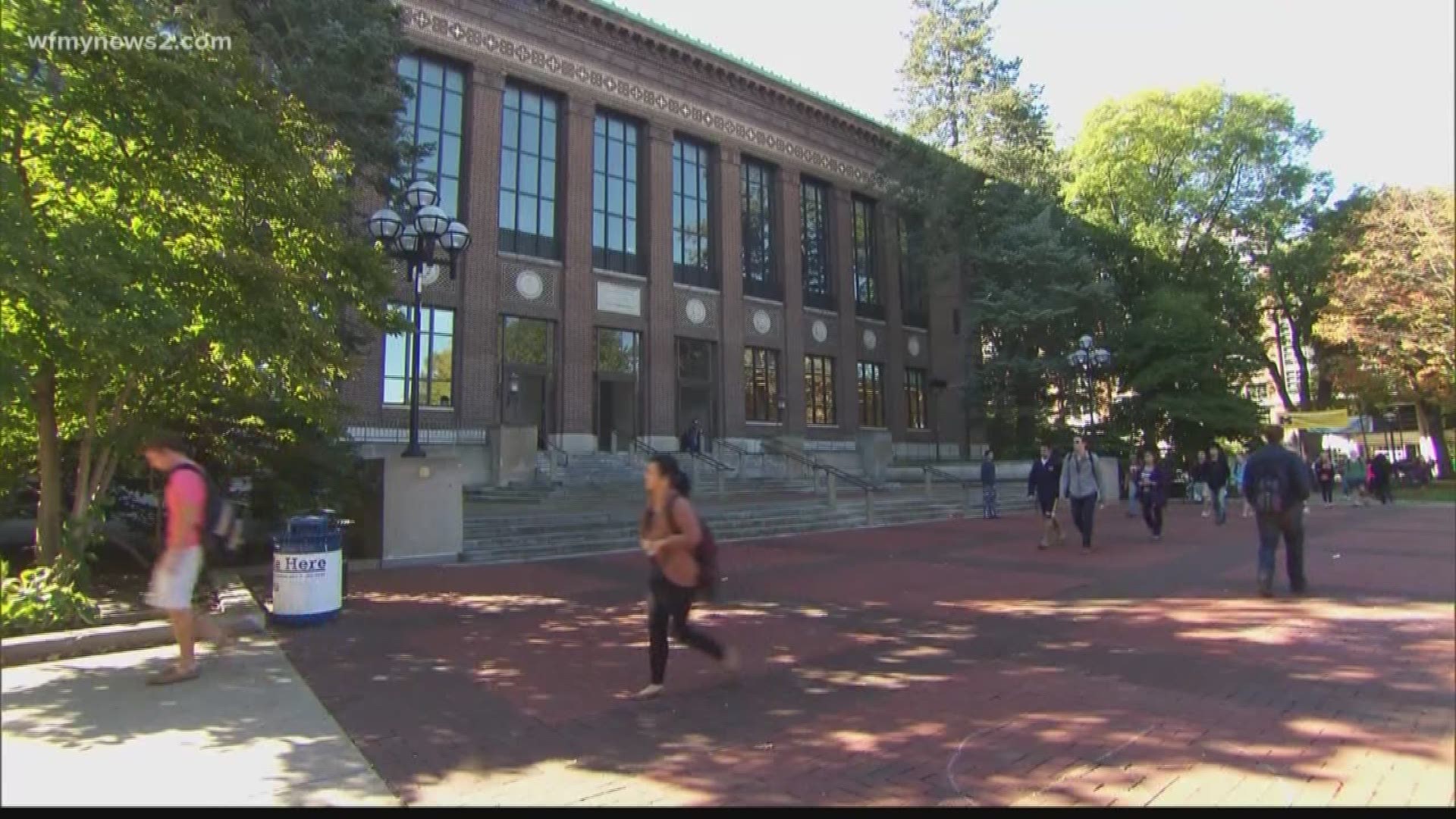GREENSBORO, N.C. — Meghan Combs went to college to pursue her dream of working in the arts but at age 32, she's still struggling to pay for her education. “I just want to get this paid. I'm so tired of this debt.”
To earn her Masters degree she took out $61,000 in loans and has made nearly $27,000 in payments. But because those payments were too small to cover the interest, she now owes $66,000.
"I will say that I will shoulder some of the blame there because I should've read the fine print on my loans."
Megan is far from alone, student debt topped $1.5 trillion at the end of 2018.
"One of the great rules of thumb is to say, what do I think I will earn in the first year that I graduate, and then let that be the limit of what you would borrow in total for your education," explains Jill Schlesinger, CBS News Business Analyst.
Schlesinger is the author of the "Dumb Things Smart People Do With Their Money." She says students can negotiate tuition and other assistance when a college accepts them.
"You can say, I got a better offer from another school, can you match it? Can you help me? Is there a work-study program that's available? Are their scholarships that I should be looking at?"
For students who graduated with 'federal' student loans, there are a number of repayment options.

